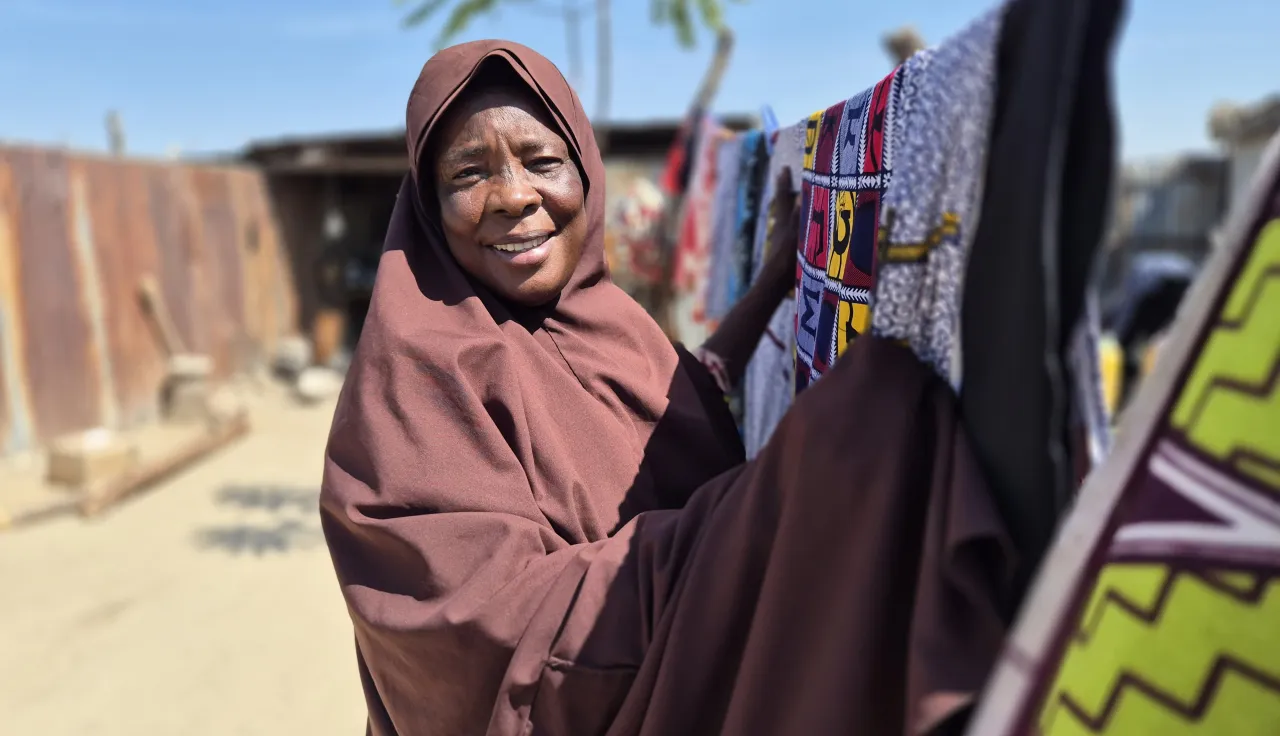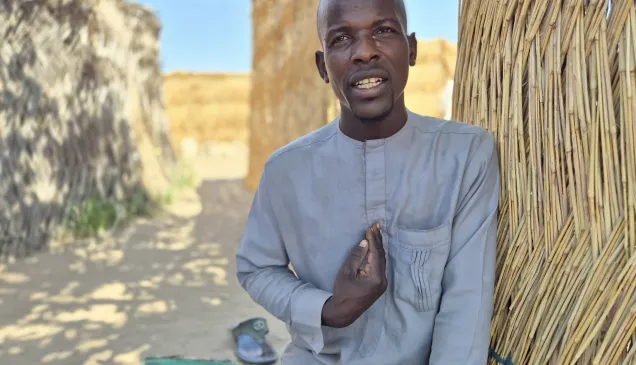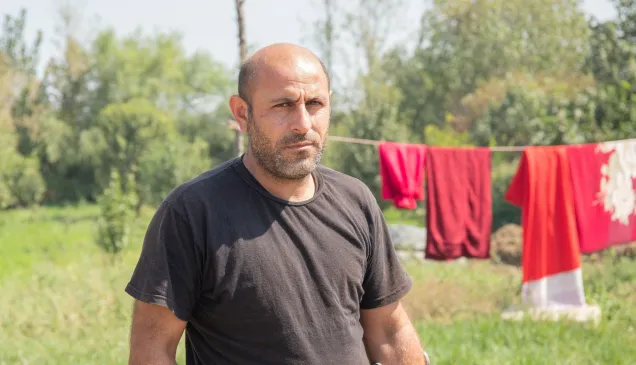Finding hope amid loss: Families of missing persons rebuild lives in northeast Nigeria

People in northeast Nigeria continue to go missing due to the ongoing armed conflict that has started more than a decade ago. For the families of missing persons, the emotional toll can be overwhelming. In the absence of answers of the fate and whereabouts of their loved ones, they often find themselves in a limbo—caught between hope and despair. As they navigate this emotional distress, they must also take on additional responsibilities at home to look after those who remain.
The Invisible scars of loss
“The ordeal that these families face can only be told by them,” says Achomai Ijimari, a mother and wife living in Monguno. Many others, like her, are in dire need of mental and psychosocial support which is hard to come by because their suffering is not visible.
“I used to run a catering business before displacement from Monguno to Maiduguri in 2012”, Achomai shares.
The armed conflict took everything from her - her home, her livelihood, and, most devastatingly, her younger brother and sister, who went missing. “I was traumatized and developed high blood pressure, diabetes, and could not see well in sunlight.”
With the support of the weekly mental health and psychosocial counseling sessions, she slowly began to recover. Today, she is not only living a more stable life but also caring for the children left behind by her missing brother.
Following the completion of the counseling sessions, Achomai and others continue to meet twice a month for support. “I also received cash to start a small business. Now, I run a shop and can count money that I truly own,” she confidently says.
Rebuilding after devastation
For Kiliki Abdurrahman, the pain of loss has been equally profound. His wife and a daughter went missing due to an attack on their village 10 years ago. He searched for them everywhere he could, and reported their disappearance more than once, but found no answers. To keep himself occupied, he now runs a tea and snacks business in Monguno town.
“It was very painful not knowing the fate of my wife and daughter, alive or dead. I always isolated myself thinking about them, and taking medicine. I stayed for two years without results or help,” Kiliki recalls.
For Kiliki Abdurrahman, the pain of loss has been equally profound. His wife and a daughter went missing due to an attack on their village 10 years ago.

For Kiliki Abdurrahman, the pain of loss has been equally profound. His wife and a daughter went missing due to an attack on their village 10 years ago.
Honoring the missing, strengthening the living
In a recent commemoration, the families of the missing persons in Monguno town planted trees - symbols of enduring hope and remembrance – to honor their missing loved ones.
Since 2022, the accompaniment program supported 429 families across Borno State. It plays a vital role in offering psychosocial support, livelihood support, legal guidance, and updates on missing persons’ cases. More importantly, the program fosters a sense of community, enabling families to support each other, share their grief, and regain their dignity.
“This program reminds us that we’re not alone,” says one of the recipients of the program, “It helps us heal, rebuild, and fight for answers.”
Fatima Baba Fugu, a Family Links Officer of the ICRC subdelegation in Maiduguri, emphasizes the program’s impact.
Due to the protracted conflict in the northeast, the ICRC has registered over 24,000 missing people representing half of the total number of missing persons registered by the ICRC in the whole of Africa. More than half of the total cases were children at the time they disappeared.



